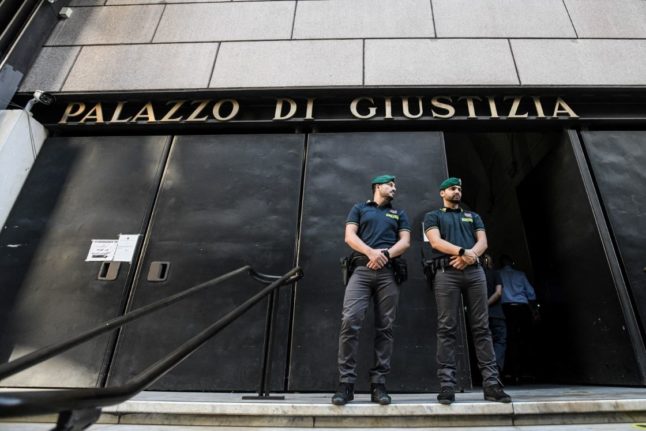The Danish woman was caught in the act by a local policeman as she stubbed out the cigarette on a beach in Alghero, north-western Sardinia.
The tourist reportedly protested, saying she would throw the cigarette away later, however she later admitted the crime and apologized, Rai News reported.
During the month of August Alghero’s authorities have increased their checks on the town’s beaches with others also facing penalties for littering.
Cigarette butts are considered the worst pollutants as they take around 200 years to decompose, according to Rai News.
Earlier this week another Danish tourist hit headlines in Italy after a man reportedly spent 29,226 kroner (€3,920) on a taxi to Rome from Odense, Denmark, taking a 1,803km journey across Europe to visit a particular church in the Italian capital.
Meanwhile tourists continue to get into all sorts of scrapes with Italian authorities for misbehaviour.
In Sicily, authorities have started slamming tourists with a €500 fine if they try to steal rocks from the island’s famous Stair of the Turks after a series of thefts of the bright white rocks.
Sicily is not the only place in Italy to fall victim to light-fingered tourists. Earlier this year a Canadian visitor to Rome’s Colosseum was caught with a piece of the ancient site stuffed in her backpack.
Tourists have also been caught defacing ancient monuments – including the Colosseum and Florence’s Ponte Vecchio – and breaking statues.



 Please whitelist us to continue reading.
Please whitelist us to continue reading.
Member comments